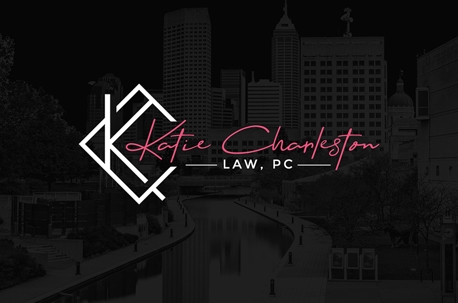What Is IP Litigation and When Is It Relevant?
Intellectual property litigation occurs when there is a legal dispute over the ownership of or infringement of intellectual property rights. Such litigation can relate to patent, trademark, and copyright issues. Litigation can result in settlements outside of court or court rulings about a matter.
Litigation is not always the initial response businesses or individuals might have to potential issues of copyright infringement or patent infringement. In some cases, simply notifying the potential offender of your intellectual property rights in writing and asking them to cease the infringing activity is enough to solve the matter.
However, if the issue can’t be solved with communication—or there are serious losses associated with the infringement—litigation may be required.
Common Reasons for Litigation Related to Intellectual Property
From around 2000 through recent years, there was an overall steady increase in intellectual property rights cases in the country. While each case is unique, there are some common reasons someone might get involved in intellectual property litigation.
Enforcing Your Ownership Rights
One reason for litigation is to enforce your ownership rights. This type of litigation occurs when you find that another person or business is infringing on your rights, such as by using your trademarks, selling or inappropriately distributing your copyrighted works, or using your patented technology in their own products.

If you believe that your intellectual property rights are being infringed upon, your first step should be to discuss the matter with a lawyer. A legal team that is experienced in these types of cases can provide some guidance about what steps you might want to take. Perhaps, for example, the first step is to send a letter from your lawyer to point out the infringement and ask the other person to cease the undesired activity.
If communication works, you are spared the expense of continuing with litigation and potentially going to court. However, if you end up needing to move on to litigation, you can be confident that the communication handled by your lawyer is less likely to impede the case than if you reached out to the offending party on your own.
Defending Yourself Against Claims You Infringed on Someone Else’s IP Rights
You might also become involved in intellectual property litigation if someone else accuses you of infringing on their rights. You may have no idea that you’re using a logo someone believes they have the rights to, for example. Or, you may come up with a product concept and not realize that a mechanism within your product is very similar to something that has already been patented.
Having an experienced attorney on your side can help you face these accusations while protecting your brand, business, or personal financial situation.
What Is Involved in Intellectual Property Litigation?
As previously stated, each case is unique. However, there are some common processes that are involved in this type of litigation.
Filing Formal Complaints or Motions
If other options don’t provide results, you may need to sue for intellectual property infringement. This involves filing a complaint or lawsuit and working through the appropriate court system.

Your attorney will file motions and other documents in the case as needed. They will also work on your behalf to build a case that attempts to prove that you hold the rights to the intellectual property in question and that those rights have been infringed upon. Your attorney may also need to make an argument for any damages that the intellectual property rights infringement has caused.
Discovery
Discovery is the process of searching out evidence on which to build a case. During an IP litigation case, your attorney might use a number of tactics for this purpose. One option is to find potential witnesses who can speak to the use of the intellectual property and depose them. The attorney may also make demands that evidence be provided by the other party.
For example, say you believe that someone is using your copyrighted work without your permission. However, this person says that they created the work first. Your attorney might request computer records, emails, or other documents that could demonstrate when the other person created a work.
Negotiation
Not all IP litigation cases are resolved in court. Many are settled out of court. This offers benefits to both parties. It may be less expensive and time-consuming to settle out of court. It also allows for a confidential settlement.

To get to a settlement, however, you typically need negotiation. Your attorney can work on your behalf to negotiate a settlement that is in your best interest.
Presentation of Arguments
If a settlement can’t be reached or is not desired, then arguments are generally presented in court. Your attorney works to create the strongest case possible and present the case in the most compelling way.
Appeals
Once a case is ruled on in court, you may have an option to appeal the decision. Your attorney can explain your appeal options and work with you to create an appeal.
Work With an Experienced Team to Protect Your Intellectual Property
As you can see, the intellectual property litigation process can be complex and time-consuming. In many cases, the desire is to settle the matter before it reaches trial. However, if you have an intellectual property rights concern, it’s best to discuss the matter with an experienced attorney to find out what options might be right for you.
Reach out to Katie Charleston Law, PC, at (463) 287-6731, to find out how we might help with your case.
The post The Role of Litigation in Intellectual Property Disputes appeared first on Katie Charleston Law, PC.

